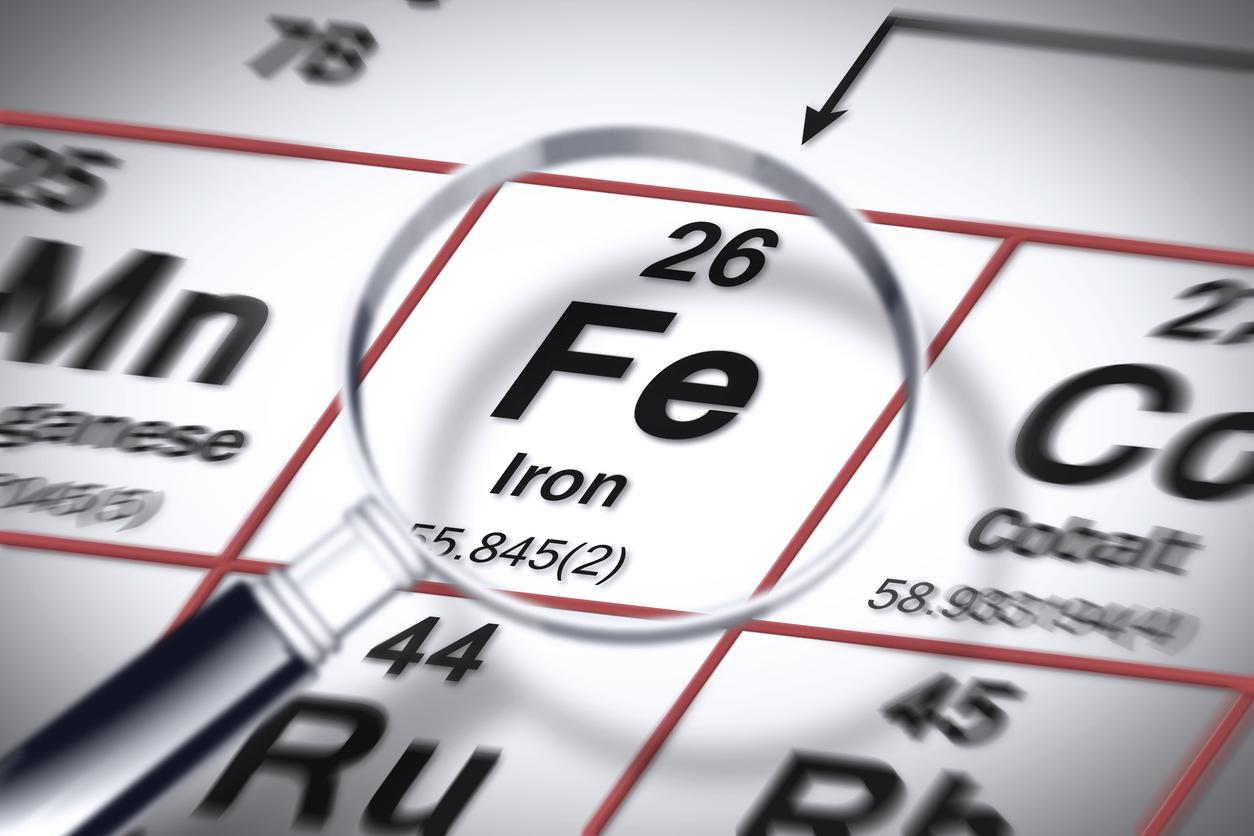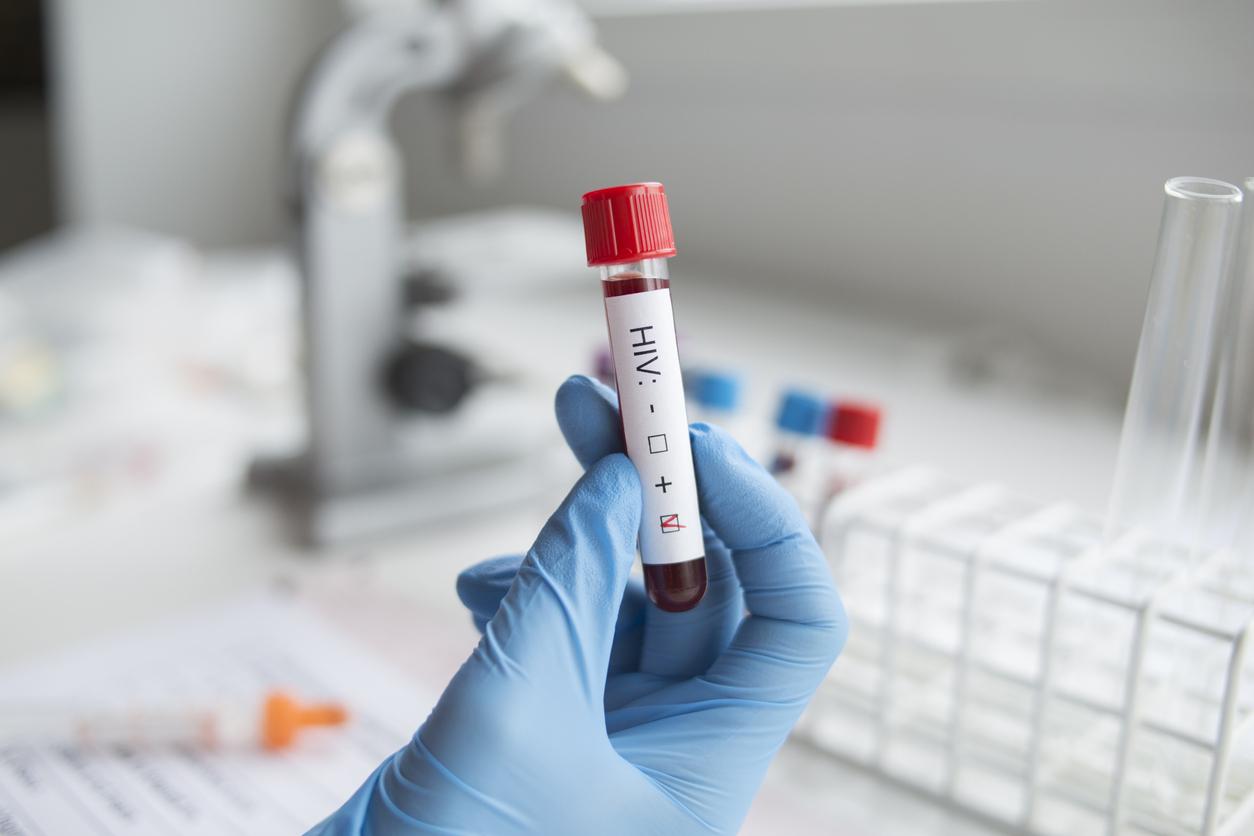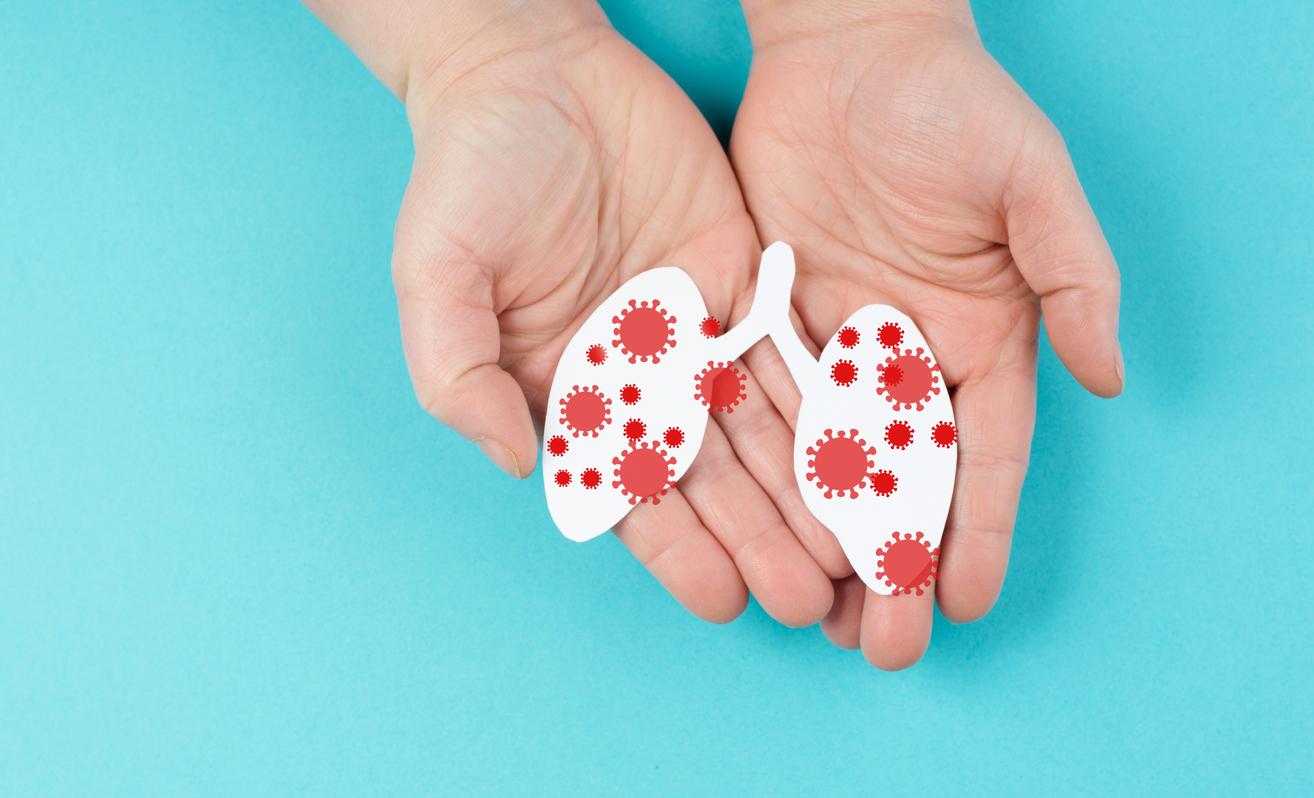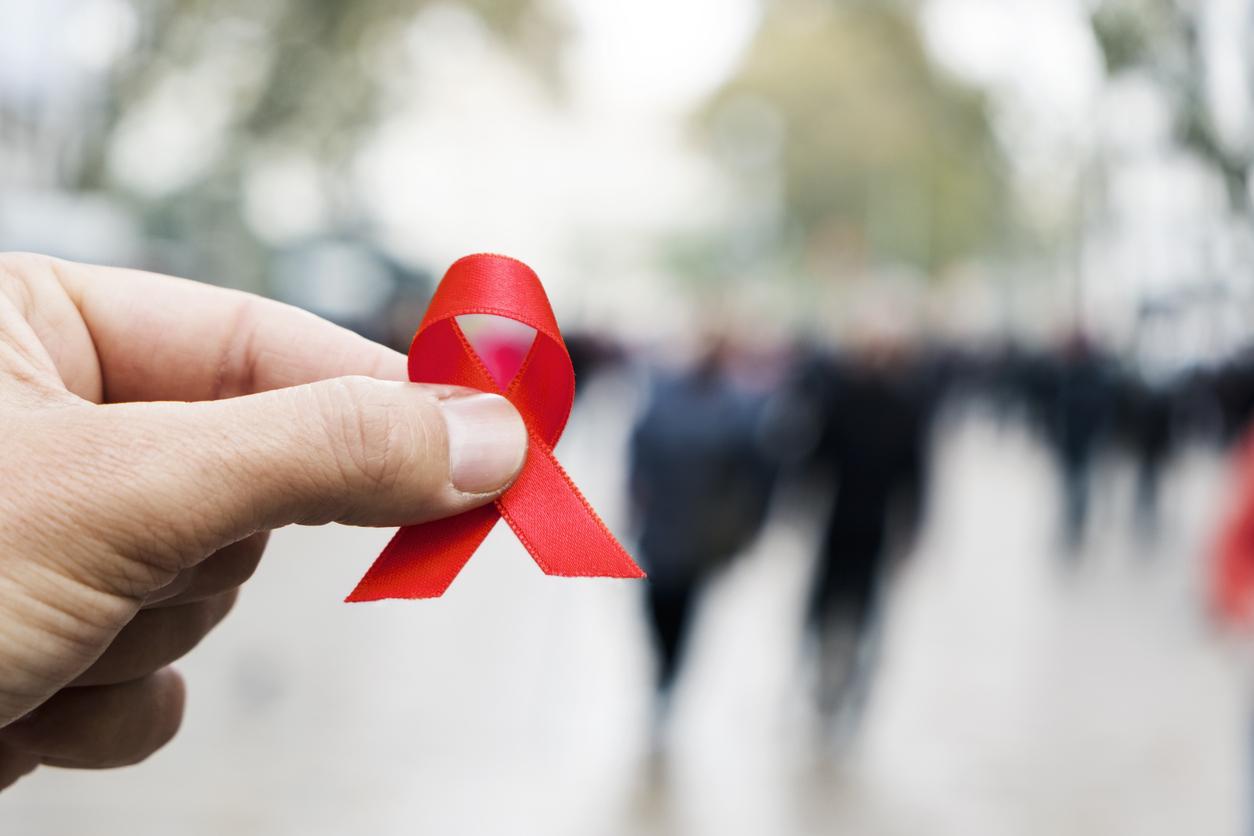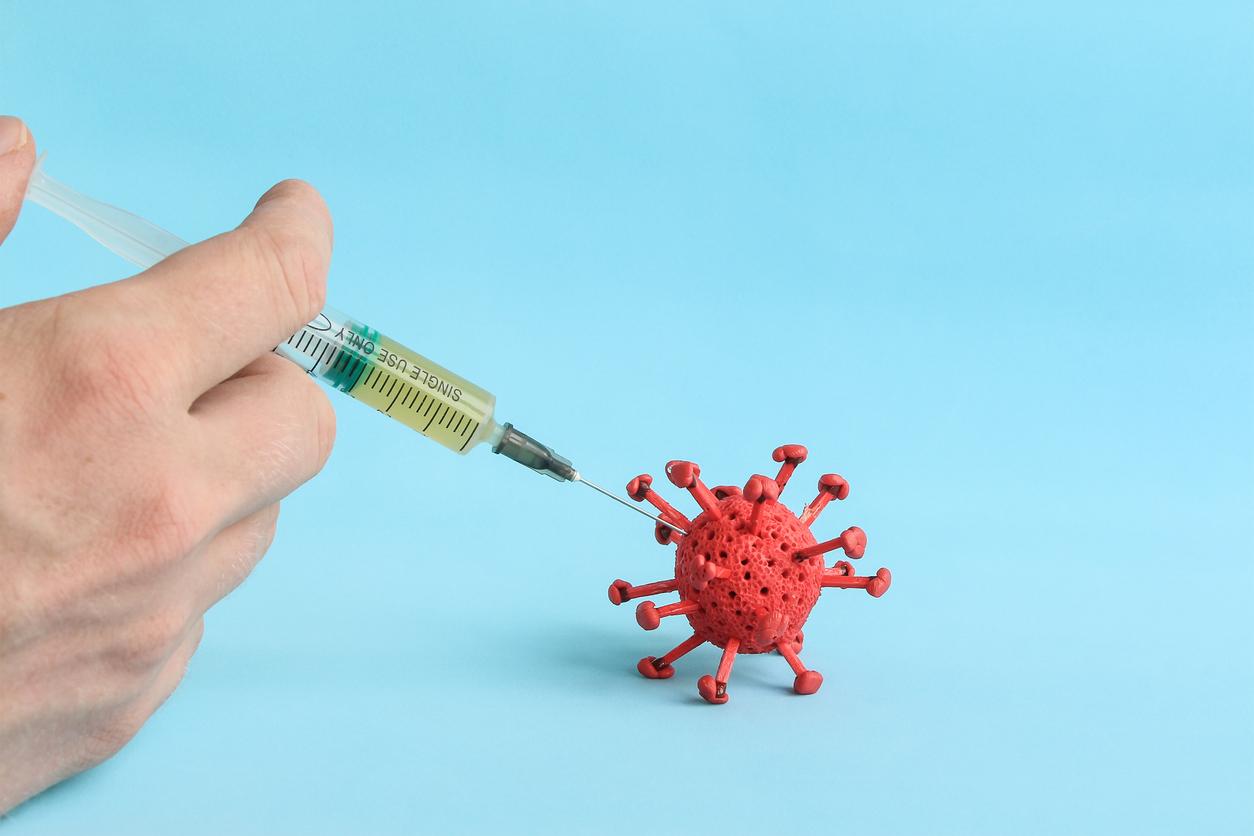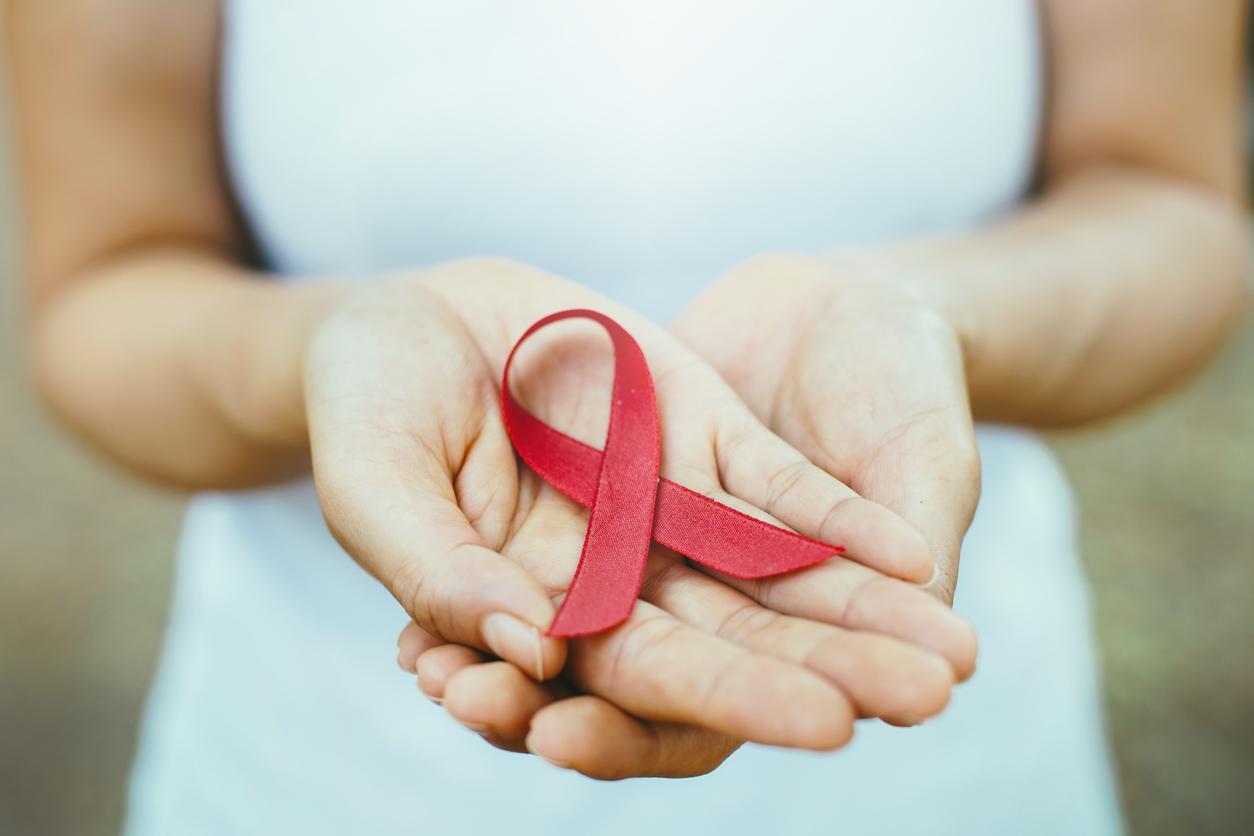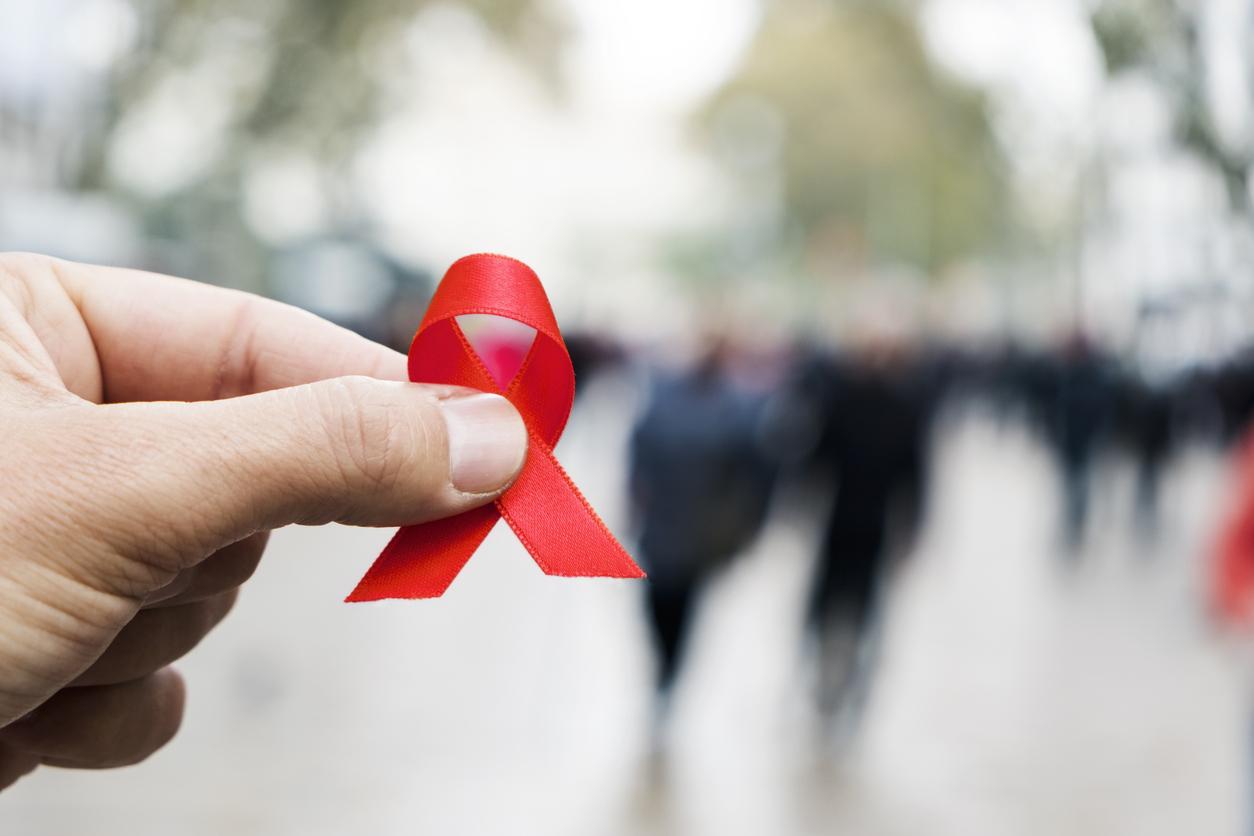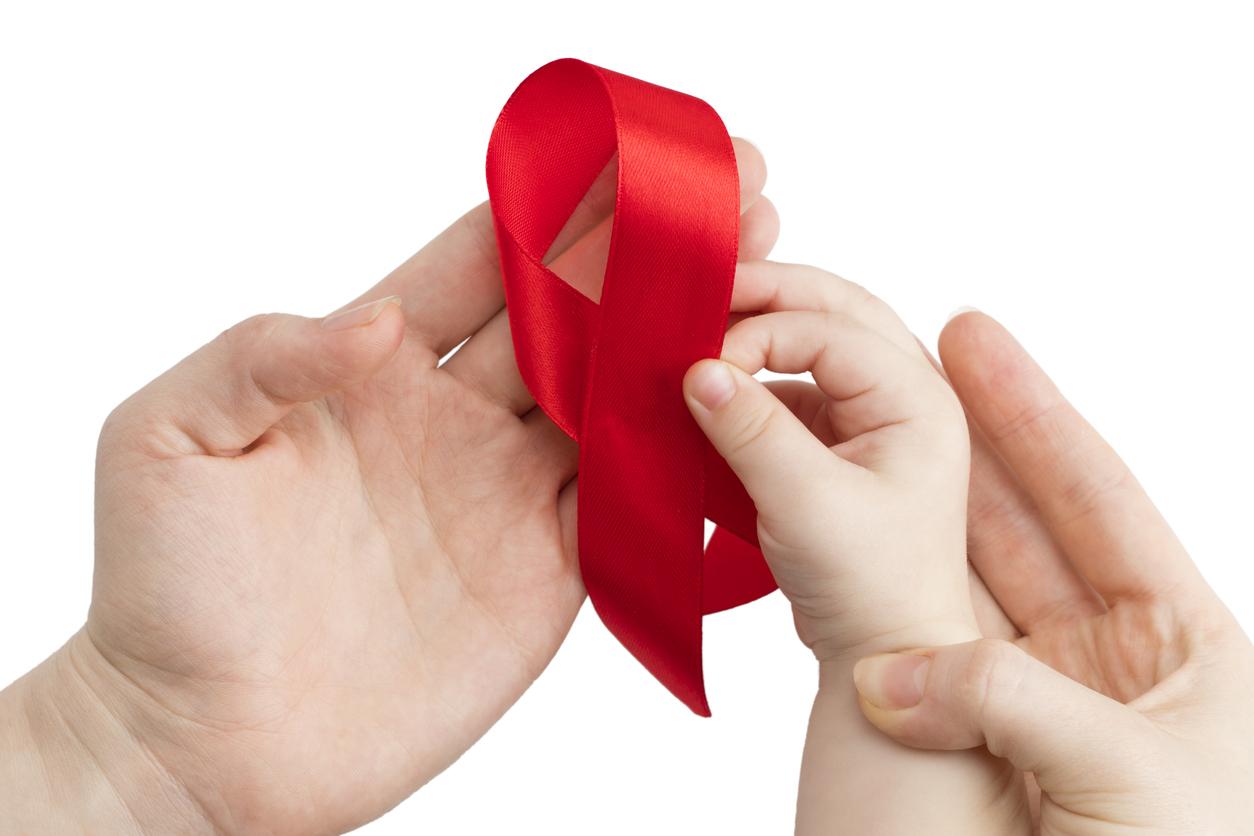Excluding homosexuals from donating blood is not discriminatory, but a measure of protection in France. This is what the Court of Justice of the European Union concludes.

The permanent ban on blood donation to homosexuals is not contrary to European law. Seized in 2009 on the case, the Court of Justice of the European Union (CJEU) ruled on March 29 and proves France right. A position all the more surprising as the National Assembly voted unanimously for the lifting of this exclusion.
In the eyes of the CJEU, the permanent exclusion of blood donation which applies to men who have sex with men (MSM) “may be, given the situation prevailing in the state concerned, justified”. If the risk of transmission of infectious diseases through the blood is proven, and no effective technique can detect them, this contraindication makes it possible to protect the recipients.
Identification methods
In its opinion, the CJEU synthesizes the various epidemiological and statistical elements provided by France. The arguments used speak for themselves: the MSM population has 200 times more HIV-positive people, and half of new infections occur in this group. “It is in France that the prevalence of HIV in the group of men who have had sex with men would be the highest among all the States of Europe and Central Asia”, underlines the judicial authority.
However, the Court of Justice of the EU does not close the debate. She asks the Strasbourg Administrative Court to ensure that “there are no less restrictive methods than the permanent exclusion of blood donation to ensure a high level of protection of the health of recipients. The authority seems to lean in favor of better use of questionnaires and individual interviews to detect risky sexual behavior. She also mentions recent techniques which would make it possible to highlight potentially dangerous donations.
An outstanding question since 2009
Geoffrey Léger appealed to the Court of Justice of the European Union (CJEU) in 2009, after being refused a blood donation by a doctor from the French Blood Establishment (EFS). The question concerned the compatibility of the exclusion of men who have sex with men (MSM) with the European directive. Since 2009, opinions have succeeded and contradicted on this issue.
In December 2012, the Minister of Health Marisol Touraine estimated that the permanent ban could not be lifted as long as the safety of the transfused was not ensured. But in July 2014, the Advocate General of the CJEU considered that this legislation was not only disproportionate, but also discriminatory. An opinion finally joined by the Minister, in March 2015. Marisol Touraine then declared that the questionnaire prior to the donation should be modified.
Another setback at the end of March 2015, when the National Consultative Ethics Committee (CCNE) considers that lifting the exclusion is not desirable. Experts believe that the risk of contaminating donation is too high, and that not all of them could be spotted. The deputies, them, voted for equality vis-a-vis the donation of blood. As part of the consideration of the Health Bill, the National Assembly adopted an amendment recognizing that sexual orientation cannot be a ground for excluding blood donation.
.









